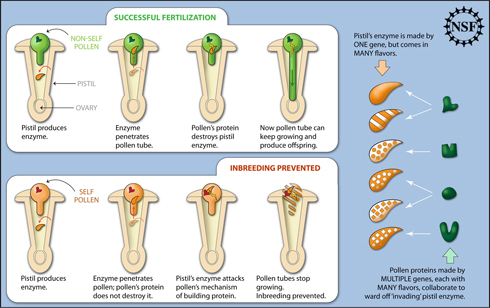‘Social Relationships in Animals Have a Genetic Basis’
The ability to tolerate aggression is partly genetic, UCLA life scientists report in the first study to demonstrate a genetic component to a social network trait in a non-human population.
“The ability to tolerate aggression is passed on across generations; there is genetic variation in the ability to tolerate aggression,” said the study co-author Daniel T. Blumstein, professor and chair of ecology and evolutionary biology at UCLA.
Blumstein, a leader in the field of applying social network statistics to animals, and his colleagues studied four groups of yellow-bellied marmots, which are related to squirrels, over six years in the Rocky Mountains of Colorado. Each group included 15 to 30 marmots. (more…)


